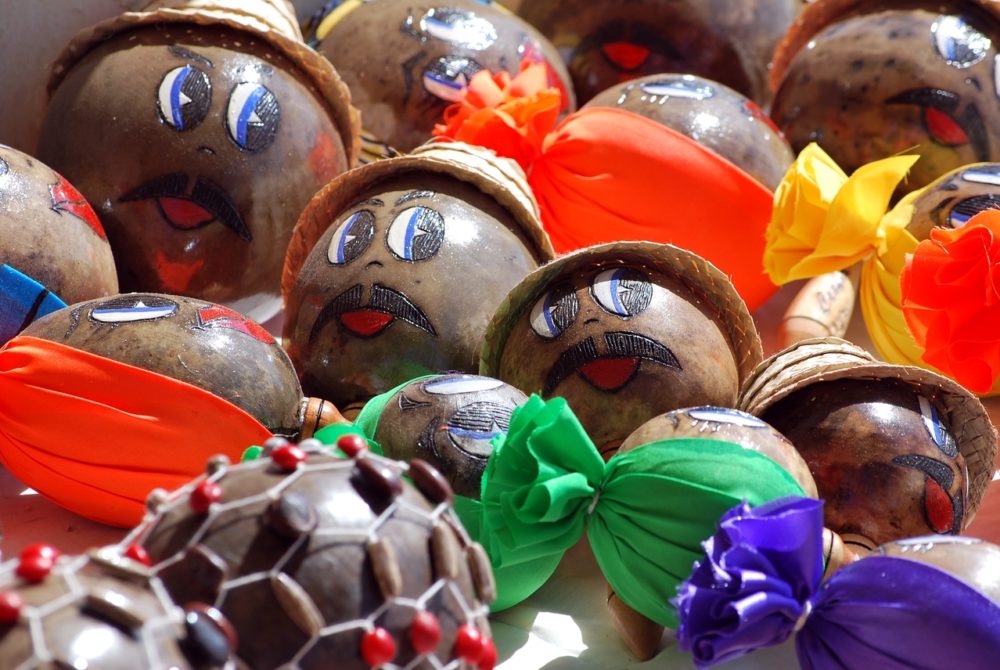If you’re learning Portuguese, you’ve probably noticed those little words like “o”, “a”, “um”, and “uma” popping up everywhere. They may seem small, but they’re essential to mastering the language. In English, we use “the” and “a/an” as articles. Portuguese also uses articles—but with a twist: they change depending on gender and number. In this article, we’ll break down the difference between definite and indefinite articles, explain how gender works, and provide simple examples in both English and Portuguese.
What Are Articles?
Articles are words that come before a noun to give more information about it. Portuguese has two types of articles:
- Definite articles: used when referring to a specific thing (like the in English).
- Indefinite articles: used when referring to something more general (like a/an in English).
1. Portuguese Articles – Definite: “O” and “A”
These are used when talking about something specific that both the speaker and listener already know.
| Portuguese Article | Gender | Number | English Equivalent |
|---|---|---|---|
| o | masculine | singular | the |
| a | feminine | singular | the |
| os | masculine | plural | the |
| as | feminine | plural | the |
Examples:
- O carro = The car (masculine)
- A casa = The house (feminine)
- Os livros = The books (masculine plural)
- As flores = The flowers (feminine plural)
💡 Tip: In Portuguese, every noun has a gender, even inanimate objects. You just have to memorize it as you learn new words.
2. Portuguese Articles – Indefinite: “Um” and “Uma”
These are used when talking about something general or not previously mentioned.
| Portuguese Article | Gender | Number | English Equivalent |
|---|---|---|---|
| um | masculine | singular | a / an |
| uma | feminine | singular | a / an |
| uns | masculine | plural | some |
| umas | feminine | plural | some |
Examples:
- Um gato = A cat (masculine)
- Uma menina = A girl (feminine)
- Uns amigos = Some friends (masculine plural)
- Umas maçãs = Some apples (feminine plural)
How Do You Know the Gender of a Noun?
Most of the time:
- Words ending in -o are masculine: livro (book), carro (car)
- Words ending in -a are feminine: casa (house), porta (door)
But there are exceptions, so it’s important to learn each noun with its article.
Common Mistakes about Portuguese Articles and How to Avoid Them
✅ Correct: O livro é interessante. → The book is interesting.
❌ Wrong: A livro é interessante.
Why is the second one wrong? Because livro is masculine, so it must use o, not a.
Practice Makes Perfect
Try matching the right article to these nouns:
- ___ amigo (friend)
- ___ escola (school)
- ___ livros (books)
- ___ janelas (windows)
Answers:
- Um amigo
- Uma escola
- Os livros
- As janelas
Final Thoughts
Articles in Portuguese can be tricky at first, but once you understand the gender and number rules, it becomes much easier. Whenever you learn a new word, always note whether it’s masculine or feminine and whether it’s singular or plural. Soon enough, choosing between o, a, um, and uma will feel natural!
Related articles:

